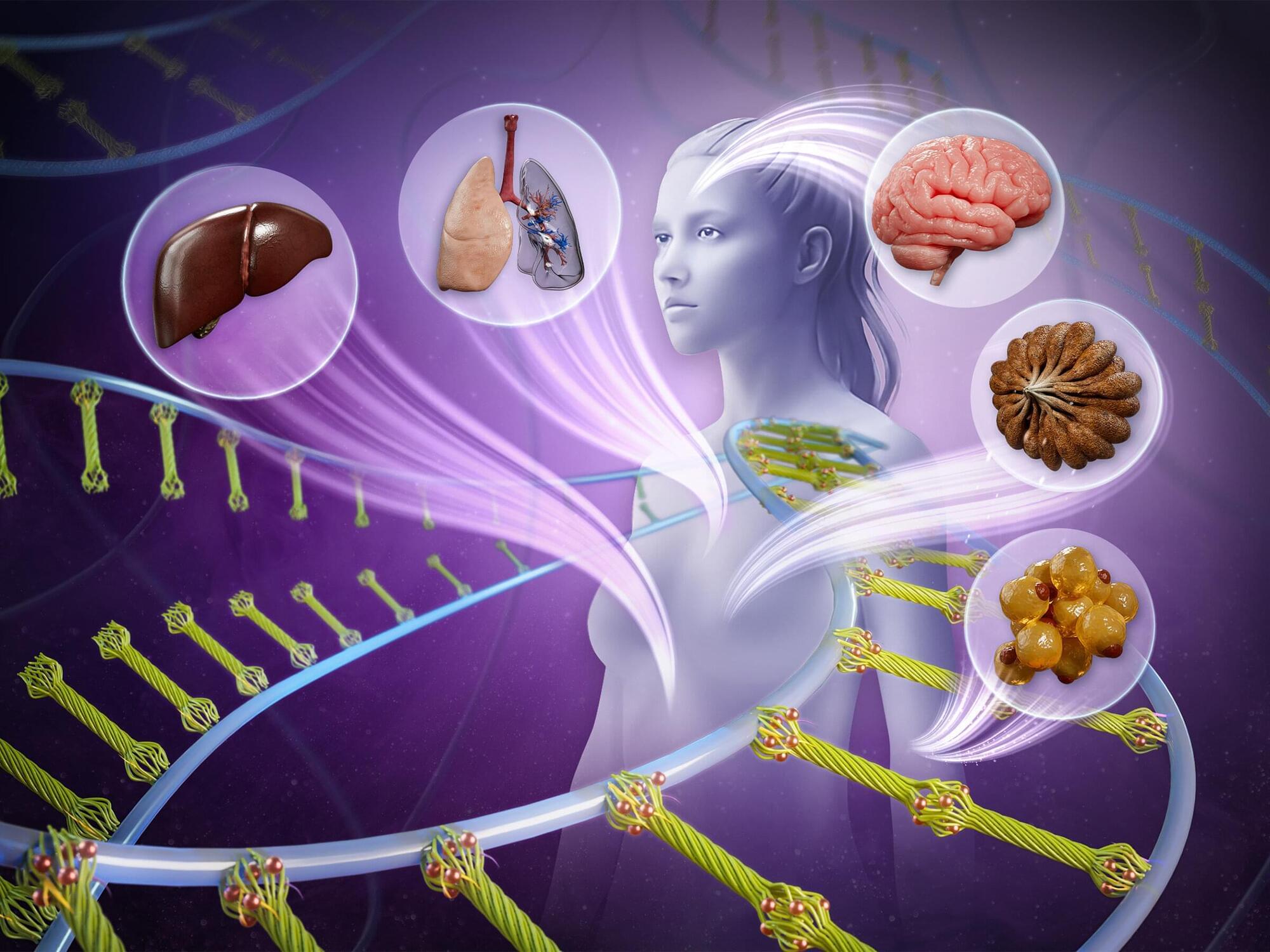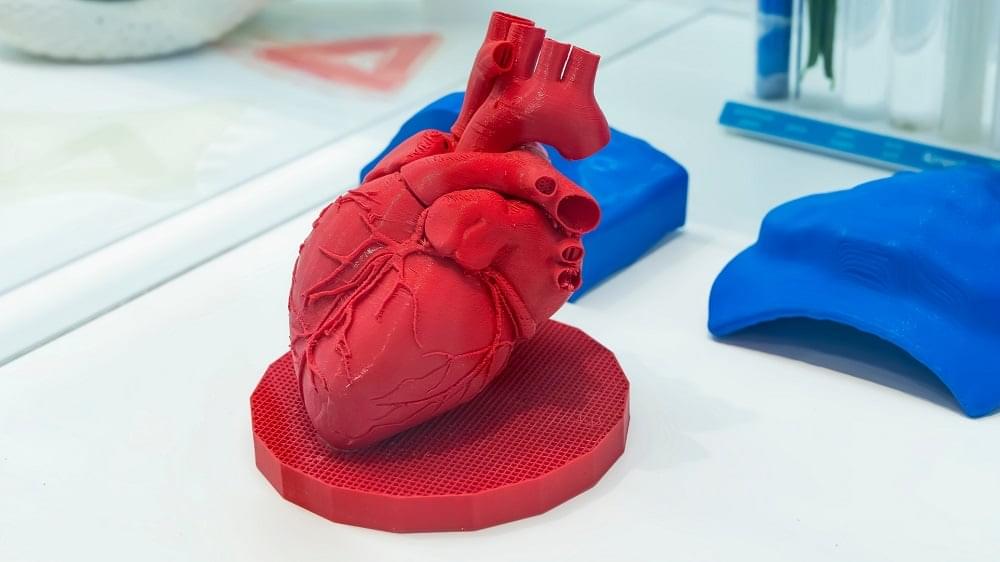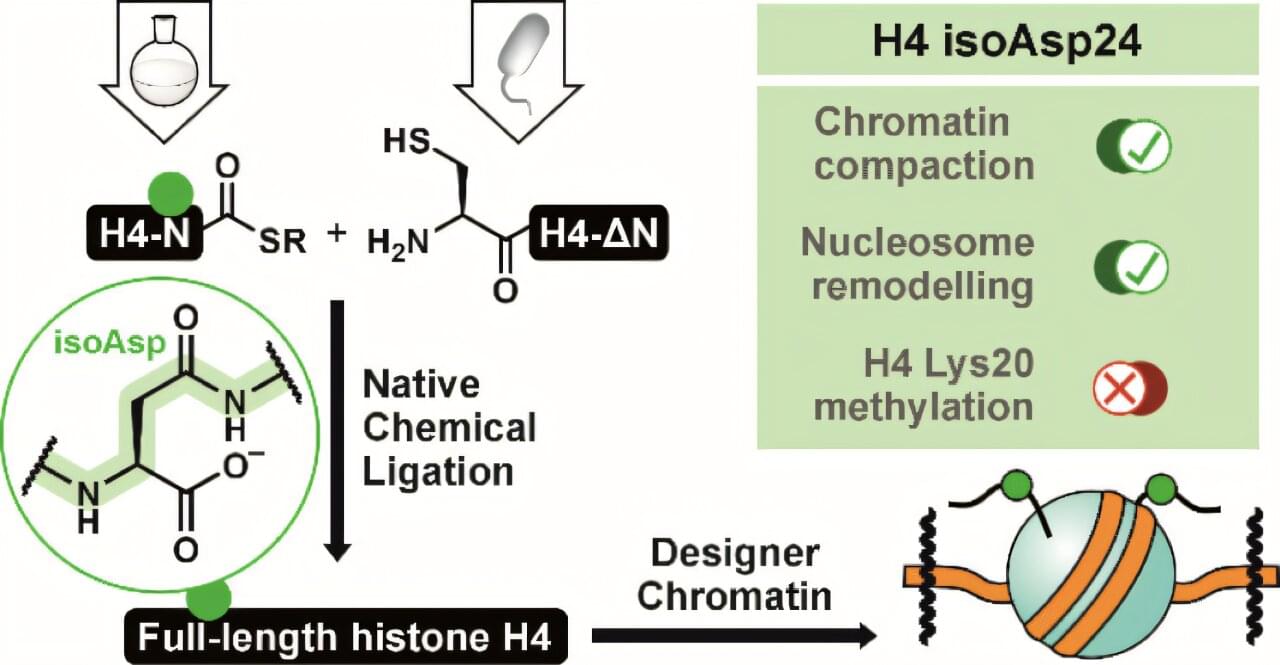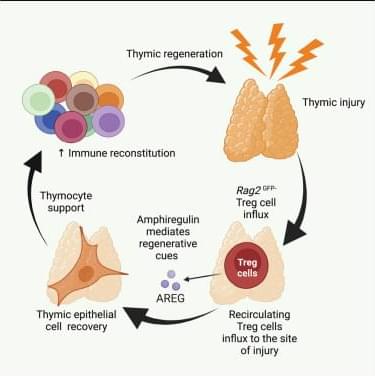A biomaterial that can mimic certain behaviors within biological tissues could advance regenerative medicine, disease modeling, soft robotics and more, according to researchers at Penn State.
Materials created up to this point to mimic tissues and extracellular matrices (ECMs)—the body’s biological scaffolding of proteins and molecules that surrounds and supports tissues and cells—have all had limitations that hamper their practical applications, according to the team. To overcome some of those limitations, the researchers developed a bio-based, “living” material that encompasses self-healing properties and mimics the biological response of ECMs to mechanical stress.
They published their results in Materials Horizons, where the research was also featured on the cover of the journal.






